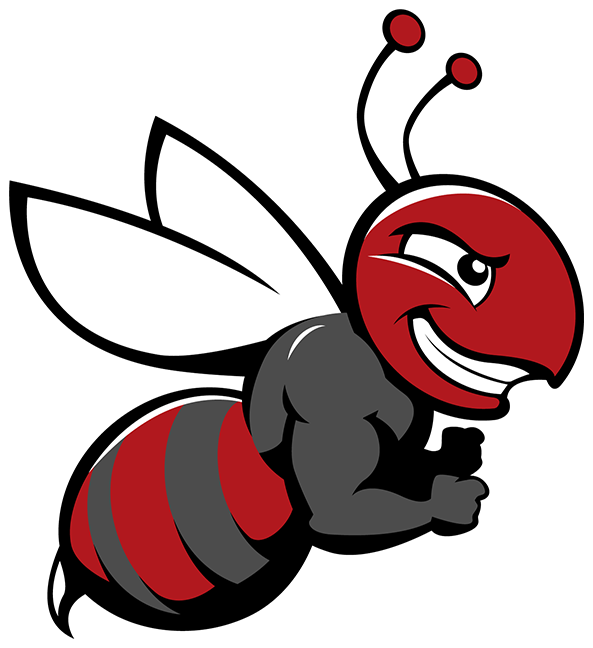LITTLE ROCK, Ark. (THV)— ChatGPT is the latest and greatest technological advancement that's set the internet on fire.
If you've heard about it, then you've probably seen the concerns about this new artificial intelligence program's impact on schools.
So, what exactly is ChatGPT?
Well, the website-based program is the product of the company OpenAI.
When asked to define itself, the program wrote: "ChatGPT is a conversational AI model developed by OpenAI, trained on a large corpus of text data to generate human-like responses to various prompts."
For a more human answer we asked Philip Huff, UA-Little Rock Assistant Professor in Cybersecurity.
"So ChatGPT is a large language model and what that means is it has taken the language across the internet and several linguists have come together to create artificial intelligence that is really good at understanding our language," Huff said.
Basically you can ask ChatGPT questions or give it prompts. From there, it's been programmed to generate a response.
Anything from writing an essay, to writing a poem about puppies-- it can even write computer code according to Huff.
Open AI released ChatGPT back in November, making it free for public use
Since then, you may have seen concerns about students using it to cheat on school assignments. Some school districts have even taken steps to ban ChatGPT due to those concerns.
It's a potential issue Rachel Blackwell with the Pulaski County Special School District said that they're aware of. Despite that, she sees ChatGPT as an opportunity, not a threat.
"Academic honesty is huge and you want to make sure that students are writing in their own voice and using their own thoughts," Blackwell said. "But I think the same time it's exciting and thinking about how can we can utilize this or take this program and create new lesson plans. Create new ideas and new ways to work with students."
Blackwell points out that technology is always evolving, which makes it just as important for schools to do so as well.
"It's not going away," Blackwell said. "Things are going to change and we have to just change with that. We need to educate our students on what's out there and we just need to prepare them."
Huff said it's about modifying education. Teachers need to find ways to shape their lessons and assignments to push students' creativity beyond what programs like ChatGPT can do.
"That's an adaptation we as educators need to provide the students [and] still welcome the technology. Help them understand the technology," Huff said. "But also don't let don't let it serve as a replacement for their critical thinking skills."
Another important thing is training educators how to properly utilize the technology.
"We just have to really think about how we can, what are the benefits and the positives of this [technology], and how we can train our teachers and just make sure that they feel prepared in a world that's going to be changing," said Blackwell.
PCSSD is already making plans to train teachers this coming summer in ways to handle and use ChatGPT.
As far as cheating goes, the program itself is quick to point out that students shouldn't do it.
When asked "Can I use ChatGPT to cheat in school?" the program responded:
"No, cheating in school goes against the principles of academic integrity and honesty. additionally, using a language model like ChatGPT to complete assignments or take tests undermines the purpose of education, which is to learn and develop critical thinking skills."

